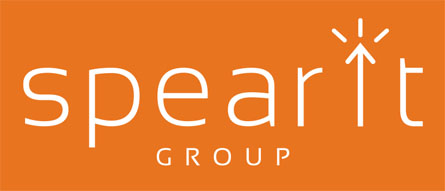CBT is an effective combination of talk and behavioral therapy. CBT is a type of psychotherapy in which clients reframe negative thinking patterns into positive thinking patterns, while recognising the emotions involved in this process.
CBT is an effective therapeutic approach because it:
- is structured
- is problem-focused and goal-oriented
- teaches proven strategies and skills
- emphasizes the importance of a good, collaborative therapeutic relationship between the therapist and client.
Cognitive Behavioural Therapy (CBT) is the only type of therapy or counselling that has been shown by research to be effective across a range of mental health problems (including anxiety, panic attacks, depression, obsessive compulsive disorder (OCD), post traumatic stress disorder (PTSD), eating disorders (inc. anorexia nervosa, bulimia nervosa, binge eating disorder (BED), eating disorders not otherwise specified (EDNOS)), chronic fatigue syndrome, sleep problems, relationship problems).
Many therapists offer counselling and therapy programmes where either their effectiveness have never been researched or it has been found to be no more effective that sitting on a waiting list waiting for therapy.
Cognitive Behavioural Therapy (CBT) does not work for everyone nor for all problems, it is not a panacea, however, with such a robust evidence base it should always form the first line of a therapy intervention and if it is not offered you should always ask your therapist for a clear and evidence based rationale for why not. Do not waste time and money on unproven therapy or counselling programmes.
Cognitive Behavioural Therapy (CBT) teaches a range of practical and psychological techniques thus equipping you with the skills for tackling not only current problems but future ones too. This ensures that in the unlikely event that symptoms of anxiety, depression, panic or other mental health problems return, or new issues arise, you will be equipped to deal with them independently. In addition, the techniques not only enable you to deal with problems, but they help you to get the most out of your experiences and relationships by ensuring that:
- the way you think is accurate and helpful
- you can tolerate, manage and appropriately express emotions (positive and negative)
- you do not engage in self defeating behaviours
Cognitive Behavioural Therapy (CBT) works initially at the ‘symptoms level’, to help you to reduce and better manage your symptom and on a day to day basis feel more in charge of your life. This is where, due to funding issues, most NHS therapies stop. However, the Clinical Psychologists and Counselling Psychologists at The British CBT & Counselling Service also use Cognitive Behavioural Therapy (CBT) to resolve what underlies/causes the mental health symptoms to ensure that symptoms do not return and improvements are long lasting.
Cognitive Behavioural Therapy (CBT) is suitable for people with a range of mental health problems (including anxiety problems like panic disorder, stress, generalised anxiety disorder, social anxiety, obsessive compulsive disorder (OCD), post traumatic stress disorder (PTSD), problems associated with low self esteem and mood like depression, chronic fatigue syndrome and eating disorders (including anorexia nervosa, bulimia nervosa, binge eating disorder (BED), eating disorders not otherwise specified (EDNOS), sleep disturbance and relationship problems) across the lifespan.

